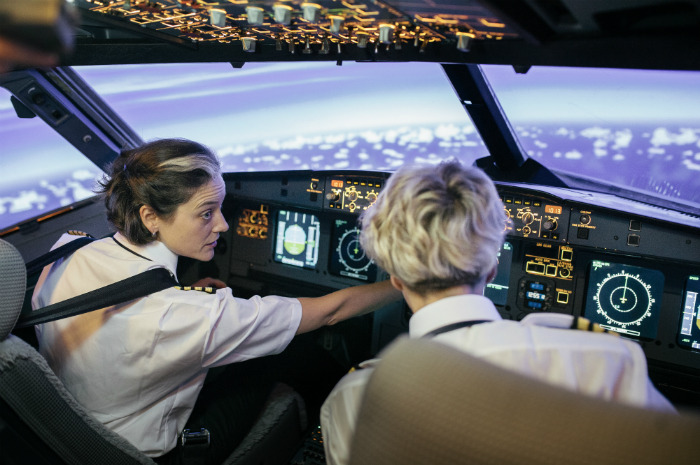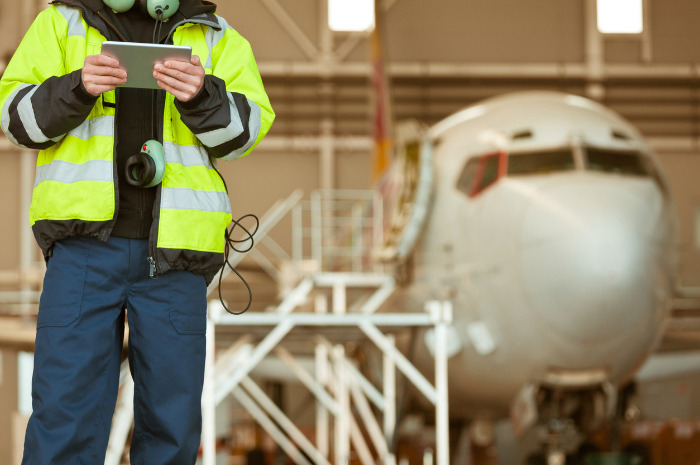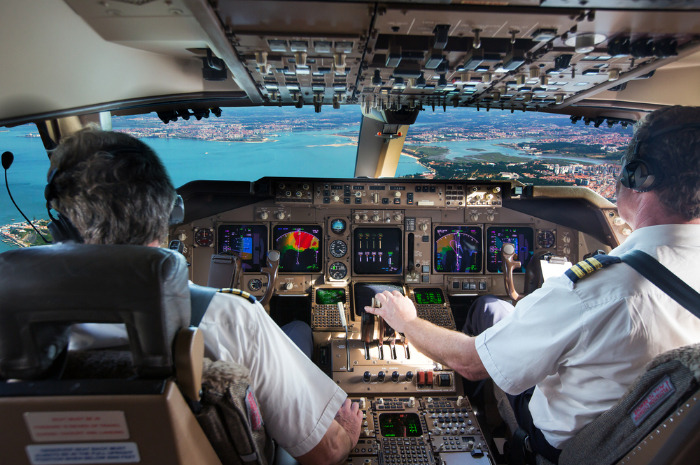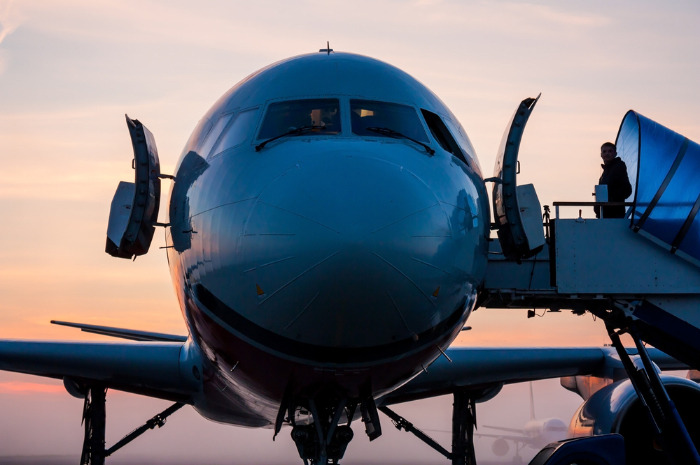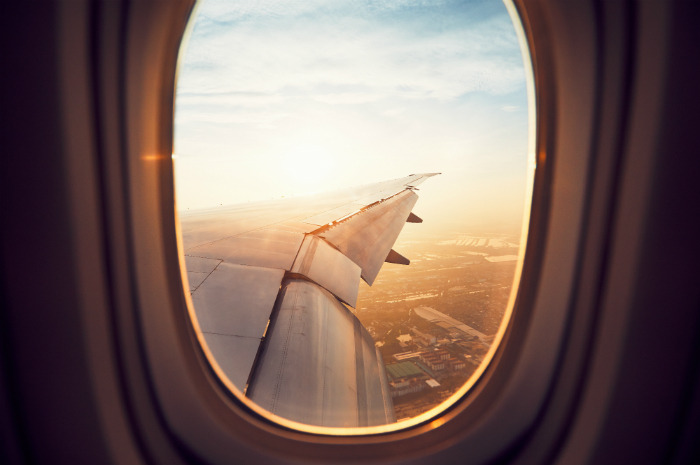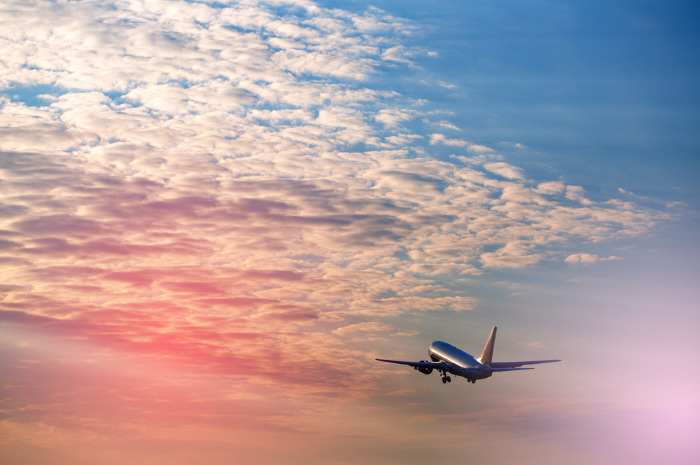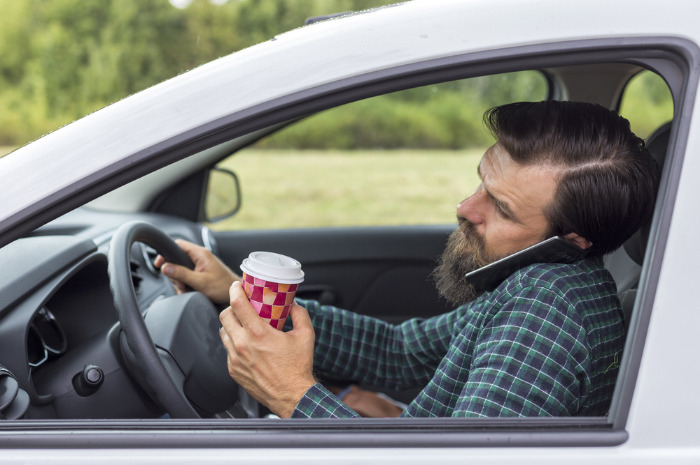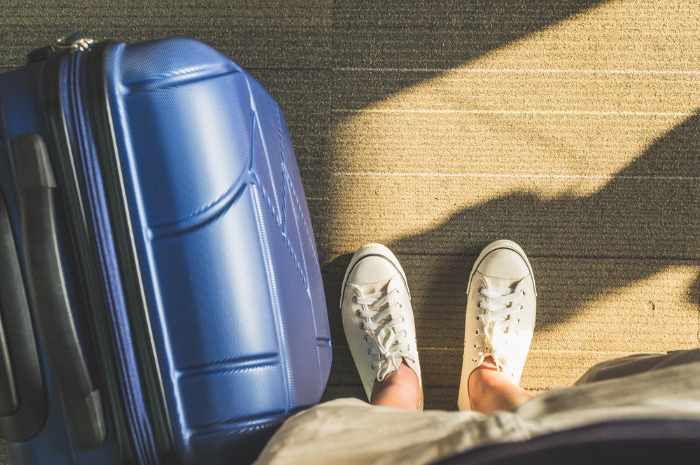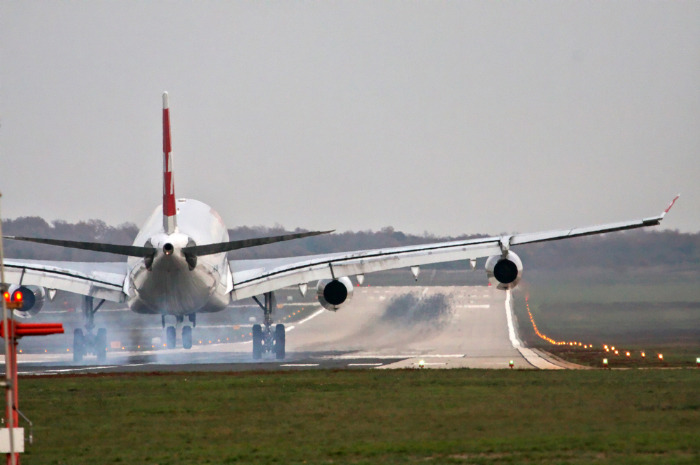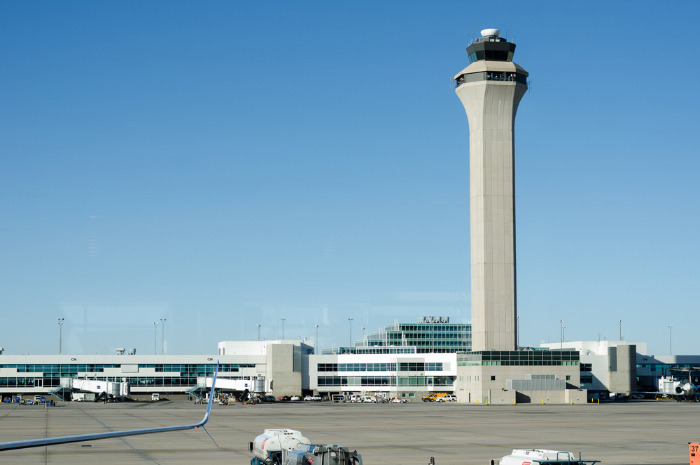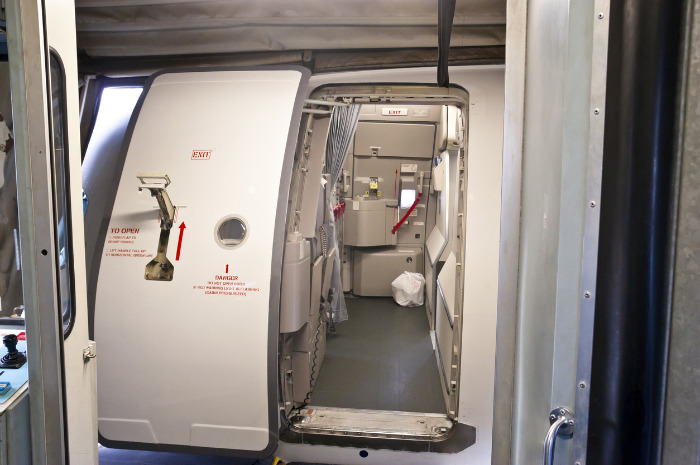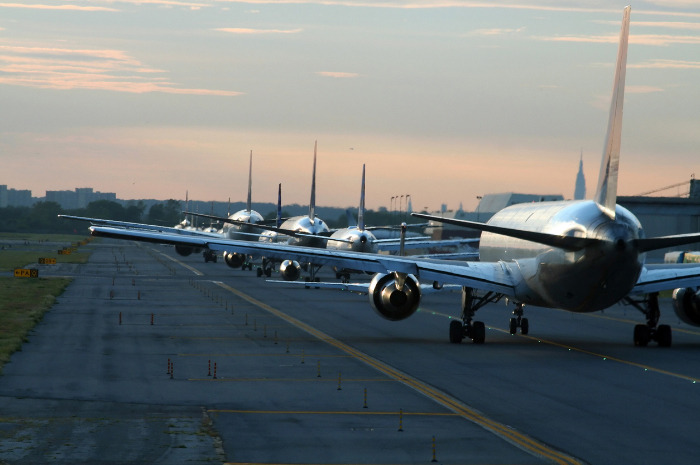Airline Pilot Secrets That Will Make You Less Afraid To Fly
Pilots are ultimately responsible for everything that happens on the plane they are flying; that means that your life is in their hands for the hours you spend in the air. This can understandably make people feel uneasy about flying. You may be wondering if the people responsible for you safety – pilots and stewards – are actually trained well, remember what they've learned, and/or have the skills to handle emergency situations.
Guidelines exist for how many screws can be missing from a plane
Planes don't need to be in perfect condition in order to safely get you to your destination. Ideally there would be no screws missing but there's a threshold of acceptable missing screws on the plane, according to Air Crew Life. So don't worry next time you see something loose on the plane. For example, a plane landed safely even though at least five screws on one wing were missing.
Pilots are retraining all the time
Pilots are required to undergo "retraining" every six months. They don't just get a piece of paper that says they now have a degree and that's it. The go through aptitude and attitude assessments, psychological and competency tests, check rides, and emergency situations in a simulator. You can be sure that the pilots know their craft — when it comes to both the plane and their skills.
Fly in the morning if you’re a nervous passenger
The heating of the ground later causes bumpier air, and it's much more likely to thunderstorm in the afternoon, according to one pilot from Los Angeles. Flying in the morning, or very late, is also helpful if you are looking for lower rates, fewer delays, and less crowded airports.
Sit near the wing for a smooth flight
Everybody knows that the bumpiest place to sit is usually in the back. A plane is like a seesaw, according to a pilot from Seattle. "If you're in the middle, you don't move as much." This is a good trick to use in mind if you want to sleep through the entire flight.
Pilots are not worried turbulence
Turbulence is not dangerous; it's unpleasant. Planes do not crash from turbulence. It actually should be expected as it's part of flying. Different factors can cause turbulence. The most common type of turbulence is the Clear Air Turbulence which is like a fast-flowing river (the plane) swirling against the riverbank (the air flow).
Driving is more dangerous
Nearly 1.3 million people die in road crashes each year around the world, an average of 3,287 deaths a day, according to the Association for Safe International Road Travel (ASIRT). In the U.S. alone, the annual number is 37,000. In comparison, in 2016, there were 19 fatal accidents this year, resulting in 325 deaths, according to the Aviation Safety Network. If you wanted to book enough flights to be almost certain of crashing, you reach a 99 percent probability at 67,833 years of daily flights, according to the stats.
Travel in sturdy shoes
Just think about it: What's the best way to be dressed in case you had to evacuate? A lot of people wear flip flops on panes for comfort; they are easy to take off and put on. However, they will fall off in case you had to run or get out quickly. Don't risk standing barefoot on the hot tarmac. Ask the crew for an extra blanket.
Planes land hard in bad weather on purpose
First of all, don't be afraid if the plane lands in a thud because they are built to handle stresses well beyond the typical hard landing. Sometimes landing like that is intentional. For example, you can expect a hard landing if it had been raining and there is water on the ground. This is necessary to prevent skidding or sliding.
The weather is always monitored
Pilots constantly check up on the weather to see how it is progressing en route and at the final destination. Alternative plans are made in case the weather isn't that great. They are also in touch with ATC (Air Traffic Control) who can direct the plane if necessary.
Doors can’t open during the flight
Do jet doors can be opened mid-flight? This is a myth you can blame on action movies. Also, if this were true, you would have probably heard of several passengers who have "succeeded." Don't worry; it won't happen. The doors of commercial jets are locked against the fuselage by thousands of pounds of pressure. A passenger would need a hydraulic jack to open it.
Planes won’t crash into one another
Thousands of planes are in the air every second. You can thank Air Traffic Control for avoiding the possibility of crashing. Captains request the track they want; after that when they drop off the radar they use a set of coordinates to track their progress, reporting their location by radio.
